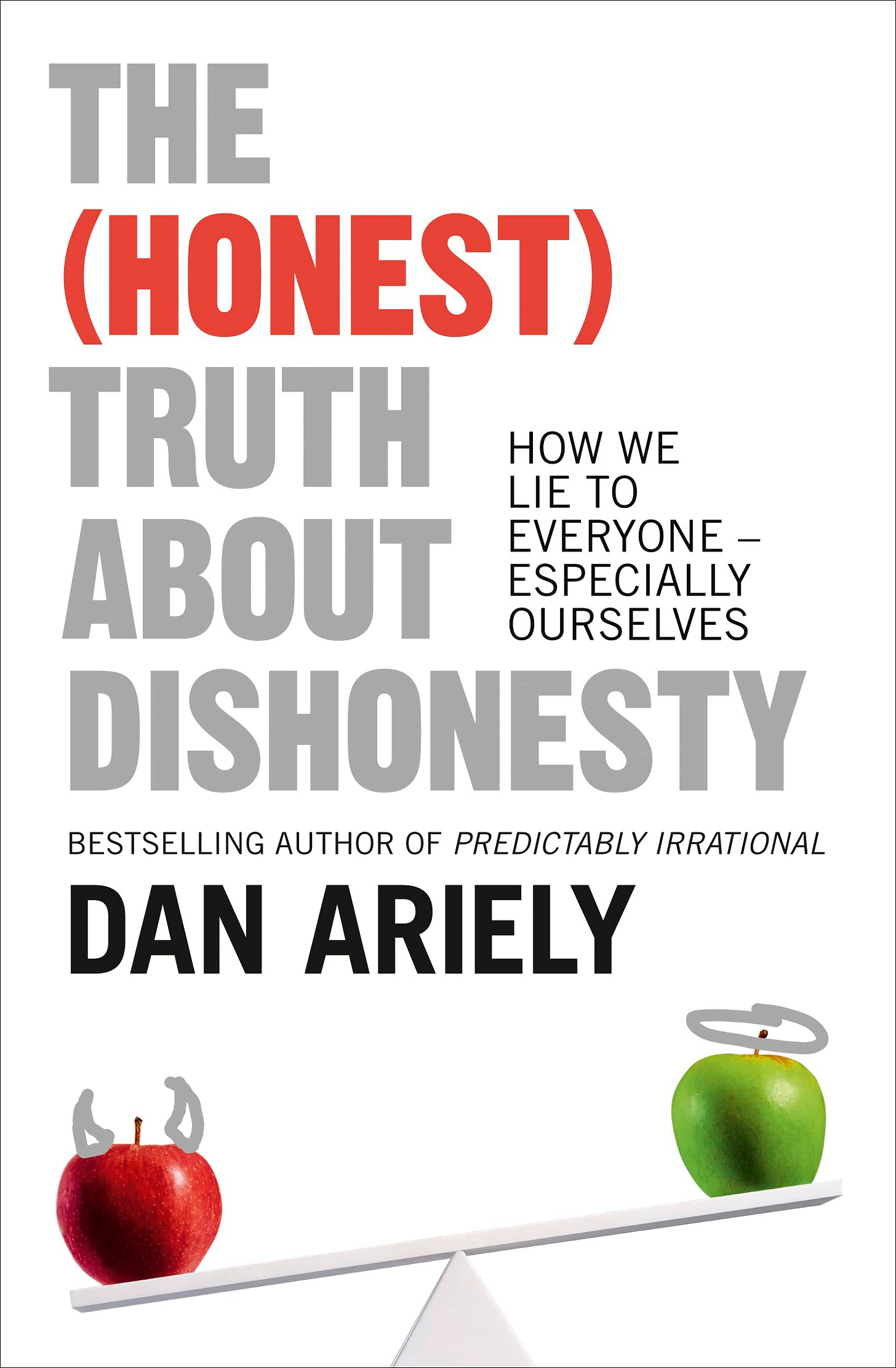The truth about dishonesty in employee surveys
Rethink employee surveys: research reveals that asking about colleagues instead of oneself yields more honest and accurate insights into workplace understanding and behavior.
If you’re a data loving geek like me then you like everything to do with surveys and their results. One book helped me improve how I assess the quality of insight from research is The Honest Truth about Dishonesty by Harvard behavioural economist Dan Ariely.
His work has put a flame to how many organisations ask and interpret employee engagement survey questions. Ariely has shown how people subconsciously (if not consciously) lie in surveys when the questions are about what they know or do in their jobs in their jobs.
Taking this insight one step further, the team at Ipsos Karian and Box conducted analysis which corroborated this finding. Analysis of data from over half a million employee survey responses was conducted on specific types of questions.
Asking employees what they know or do through first-person perspective questions has been shown to elicit subjective feedback that is overly positive. ‘I know’ and ‘I do’ questions have unconscious bias built into them and do not reflect the actual state of employee understanding or behaviour.
‘Honesty’ increases when you are one step removed from yourself. Such questions are better asked about what an individual’s work colleagues ‘know’ or ‘do’.
Though academic experiments and analysis, Ariely demonstrated that these types of ‘third person’ questions tend to be answered mostly from the individual’s perspective. However, when aggregated across the organisation or division, they more accurately reflect levels of employee understanding and action.
These findings put into question the validity of many employee engagement survey findings where employees are asked, for example, how well they know the business strategy or priorities or whether they are putting the organisation’s values into practice.
North Korean levels of positivity do not necessarily mean things are tickety-boo. It could simply be more likely that the questions were pre-loaded with personal bias.







